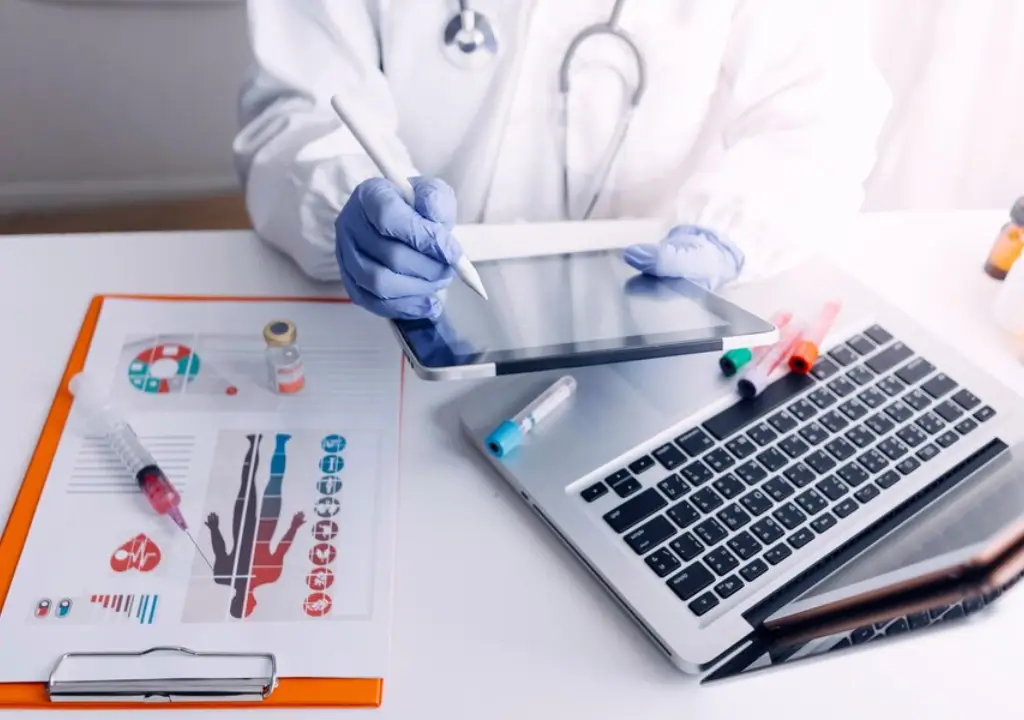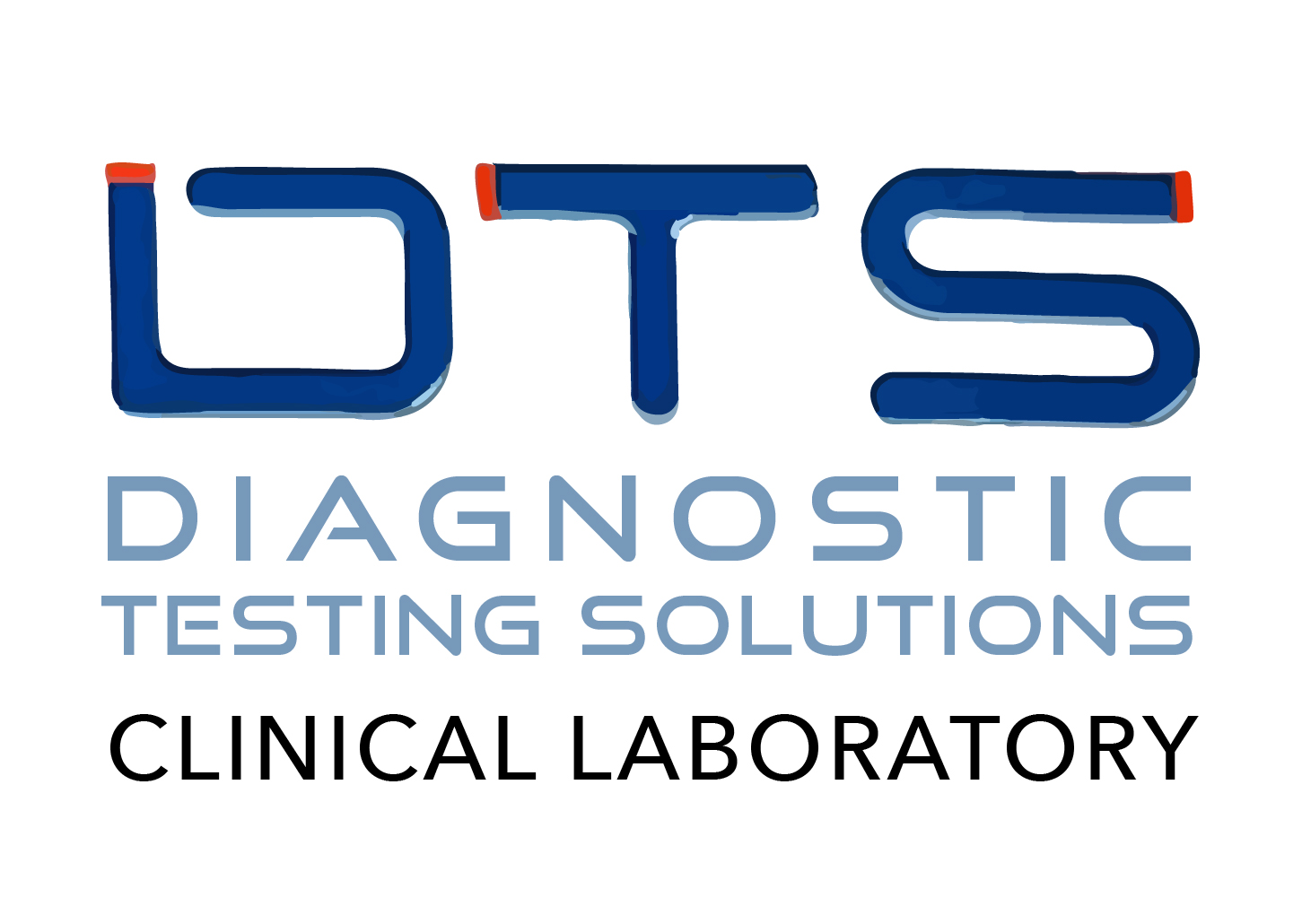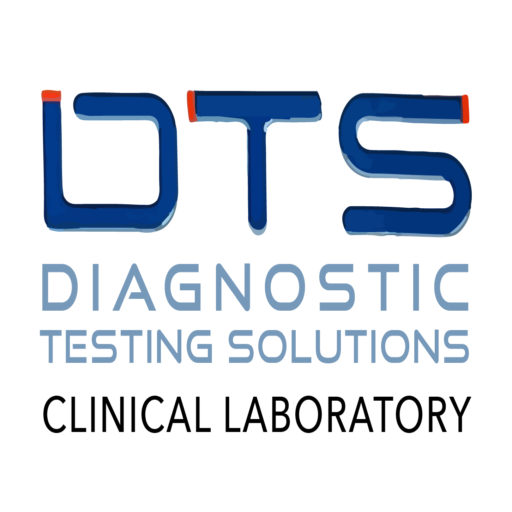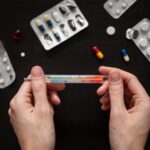
A general health panel blood test checks key health markers like cholesterol, blood glucose, and liver function. It can help detect potential health issues early, allowing for timely treatment. However, simple mistakes made before and after the test can affect the accuracy of your results. Avoiding these common errors ensures you get the best insights from your health test.
Common Pre-Test Mistakes to Avoid
To ensure accurate results, knowing what to do before your general health panel test is crucial. Mistakes made before the test—whether related to fasting or not following your doctor’s instructions—can affect the quality of the results. Below are the most frequent pre-test mistakes you should avoid.
Not Following Pre-Test Instructions Properly
One of the biggest mistakes before a health panel test is not following the specific instructions provided by your doctor. Many tests, such as the lipid panel or glucose test, require fasting or avoiding certain foods and beverages. Ignoring these instructions can lead to incorrect results, which could result in a retest or even a misdiagnosis.
Always ask your doctor if you need clarification on any instructions. These important steps can alter your test results, giving you an accurate picture of your health.
Incorrect Fasting for Blood Tests
Incorrect fasting can be a significant issue not only for adults but also for health panel tests for children. Tests like the cholesterol test or fasting blood glucose test often require fasting for 8-12 hours. Many assume skipping breakfast is enough, but overnight fasting is necessary for accurate readings.
Eating anything—even a small snack—or drinking anything but water can lead to false spikes in cholesterol or glucose levels.
Hydration and Medication Mistakes
Your hydration levels and medication are crucial in getting accurate test results. Staying properly hydrated and discussing your medications with your healthcare provider are key steps to ensuring the accuracy of your health panel test. Let’s explore two common mistakes in these areas.
Not Drinking Enough Water Before the Test
Hydration is often overlooked but is essential for accurate results, especially in tests like the kidney function test and electrolyte panel. Not drinking enough water can lead to dehydration, making it more difficult for the technician to draw blood and potentially affecting test outcomes.
Staying hydrated is an easy yet important part of preparing for your health test. Drink water before the test, but remember, no other liquids are allowed if you’re fasting.
Failing to Mention Medications
Not telling your doctor about your medications or vitamin supplements can interfere with your test results. Certain medications like biotin supplements can affect tests such as the thyroid function test, giving inaccurate readings.
Always be upfront about your medical history and current medications. This lets your doctor consider potential test result errors and advise whether to pause any medications before your test.
Post-Test Mistakes to Watch For
After your health panel test, what you do can also affect your results and how you feel afterward. Avoiding post-test care mistakes will help you recover quickly and correctly understand your results.
Exercising Before or Right After the Test
Doing strenuous exercise before or immediately after a blood test can skew your results. Physical activity impacts your body’s biomarkers, temporarily raising glucose, cholesterol, or liver enzyme levels, which may lead to incorrect results.
Take it easy after your test, especially if you’ve been fasting. Exercising too soon can also make you feel dizzy or weak.
Skipping Hydration and Post-Test Care
Post-test care is important for recovery, especially after fasting. Many people feel lightheaded after a blood test, so drinking water and having a balanced meal helps you regain strength. Failing to rehydrate after the test can prolong post-test fatigue.
Once your test is done, drink water and eat something healthy. This helps your body recover and prevents any lingering discomfort after the test.
Mistakes When Reviewing Results
Your job isn’t over once the test is complete. Reviewing your results with your doctor is an essential part of the process. Many overlook this, missing critical information that could affect their health.
Not Reviewing Results with Your Doctor
One of the biggest mistakes is not consulting your doctor after receiving your test results. Understanding what your numbers mean is important, and only your doctor can explain how they relate to your overall health.
Feel free to schedule a follow-up appointment if something seems unclear or needs to be clarified. Proper test interpretation requires a professional who knows your medical history and can provide guidance based on your results.
Ignoring Abnormal Results
Sometimes, test results come back with abnormal readings, but people dismiss them as mistakes. If your test shows high cholesterol or elevated blood glucose levels, don’t ignore it. These results could indicate underlying health issues like diabetes or heart disease.
Take abnormal results seriously and consult your doctor for further screening or lifestyle recommendations. Early detection and treatment can make a huge difference in managing your health.
Conclusion:
Getting accurate results from your general health panel test starts with careful preparation. Follow the instructions for fasting, stay hydrated, and ensure your doctor knows about any medications you’re taking. After the test, review your results with your doctor to clearly understand what they mean. This process highlights the importance of regular tests for preventative care, as it helps you detect potential health issues early and take proactive steps to maintain your well-being.
Avoiding common mistakes before and after your test ensures you get the most reliable insights into your health, helping you stay on top of potential issues before they become serious.
FAQ’s
What not to do before a blood panel?
Before a blood panel:
- Avoid eating or drinking anything besides water, especially for fasting-required tests.
- Do not consume caffeine, alcohol, or sugary drinks, as these can skew results.
- Avoid intense exercise, affecting glucose and liver enzyme levels.
- Remember to disclose medications and supplements to your doctor, as they can interfere with your results.
What should I eat before a blood panel?
If your blood panel test does not require fasting, choose a light, balanced meal with lean proteins, whole grains, and vegetables. Avoid heavy, greasy foods or sugary items, as they can affect cholesterol and glucose levels. Always confirm with your healthcare provider if fasting is necessary for your test.
What are 4 things that can affect test results?
- Food intake: Eating before a test, especially sugary or fatty foods, can affect glucose and cholesterol levels.
- Medications: Certain medications or supplements (like biotin) can interfere with test results.
- Hydration: Dehydration can lead to difficulty drawing blood and affect certain tests like electrolyte panels.
- Exercise: Intense exercise before a test can temporarily raise glucose and liver enzyme levels.
How long should I fast before a general health panel test?
Fasting is usually required 8-12 hours before a general health panel test, particularly for the lipid panel and blood glucose test. Avoiding food and beverages (other than water) during this period to ensure accurate results is important. Always confirm fasting requirements with your doctor.
Can I drink water before a blood test?
Yes, drinking water is allowed and even encouraged before most blood tests. Staying hydrated helps ensure your blood draw goes smoothly and prevents dehydration, which can affect certain test results, like those for kidney function or electrolytes.






